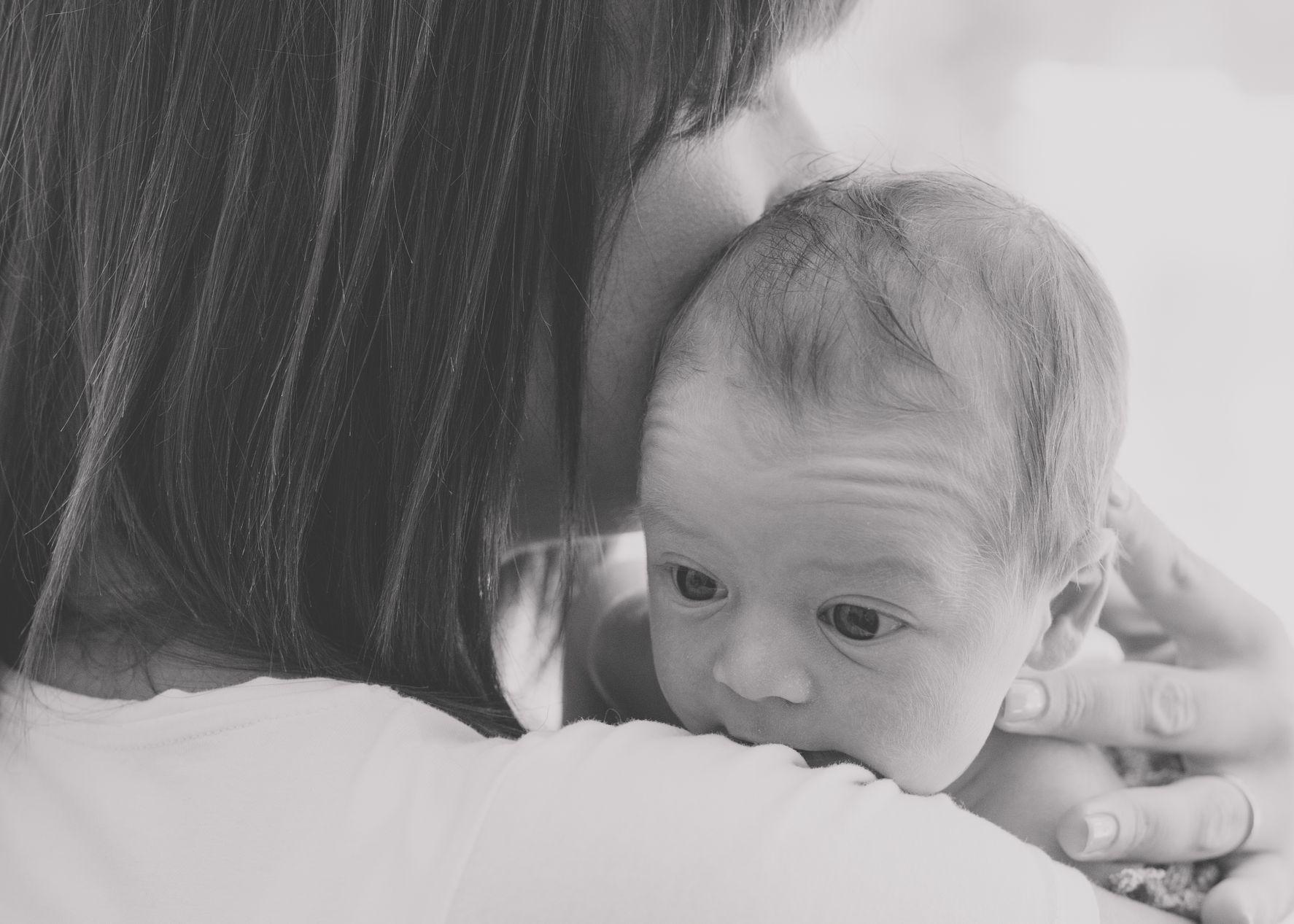| description | none |
| owner | loss@joe.com |
| URL | git://repo.or.cz/shadwell12.git |
| https://repo.or.cz/shadwell12.git | |
| push URL | ssh://repo.or.cz/shadwell12.git |
| https://repo.or.cz/shadwell12.git (learn more) | |
| bundle info | shadwell12.git downloadable bundles |
| content tags |
Describe some mistaken beliefs about Sleep Consultancies that you've noted
Very young babies may not sleep on a regular schedule. Older babies, however, tend to establish a sleep routine. Deviating from this routine may disrupt their sleeping pattern, so they no longer fall asleep at their usual time. As your baby gets older you will find their appetite through the day increases meaning they are less reliant on night feeds. Between 6 months and 9 months, and is weaning, babies can start the process of filling themselves up more from day feeds and be less reliant on their night feed, so can become one less reason for your baby to wake in the night. Have you ever been so tired that you can’t sleep? You feel restless and on edge. This is because our bodies release hormones to fight fatigue and give us a “second wind.” Babies go through the same thing and when they are awake too long, they can’t fall asleep, cry, or seem to fight sleep.

Learning about the science of infant sleep can help. Once you understand how, why, and when babies sleep, it will be easier for you to decide on the best sleep strategies for your family. It may also bring you peace of mind. When people hear a baby cry, they say, “Oh my god, something must be wrong. This small and helpless baby is in distress and I need to fix it.” But sometimes the baby is just trying to talk to you. While there are some things you can fix, such as a pooey nappy or giving him a warm blanket to sleep with, there are other things you cannot or, more accurately, should not fix. A sleep expert will be with you every step of the way, guiding you on how best to find a solution to your sleep concerns, whether its ferber method or one of an untold number of other things.
Establish A Specific Bedtime
Some nights you won’t know why they can’t sleep despite your best efforts. But always try to put your baby back down in their Moses basket/cot when they’re drowsy but still awake so they learn to settle themselves. Keep stroking their cheek if you need to. Newborns should be placed skin-to-skin with their mother as soon after birth as possible, at least for the first hour. After that, or when the mother needs to sleep or cannot do skin-to-skin, babies should be placed on their backs in the cot. Sleep patterns change as your child grows and develops. So, at some point, your little one may switch from having two daily nap times to only needing one nap a day. However, when this happens depends on many factors unique to your child. If you're looking for a compassionate, effective and evidence-based approach to sleep or just advice on one thing like 4 month sleep regression then a baby sleep specialist will be able to help you.
It is recommended that you put your baby down awake if possible. This is to encourage your baby to find ways to get himself to sleep rather than being dependant on you. Then say your "goodnight" and turn out the light. This will help him get used to sleep in the dark. Rocking certainly works for getting a baby to asleep– either in your arms or in a rocking/bouncy chair – but beware! It might be useful for those nightmare nights where nothing seems to work, but it’s easy for a baby to get hooked on being rocked to sleep. Then they come to need it every night and suddenly you’ve created what health visitors call a ‘sleep association’. Baby's muscles may be in repose during sleep, but the heart, lungs, and liver (and most other organs) work a twenty-four-hour shift. Even the brain is actively buzzing along during the REM (rapid eye movement) portion of sleep. Having a baby is a steep learning curve and aspects such as sleep training come along and shake things up just when you're not expecting them.